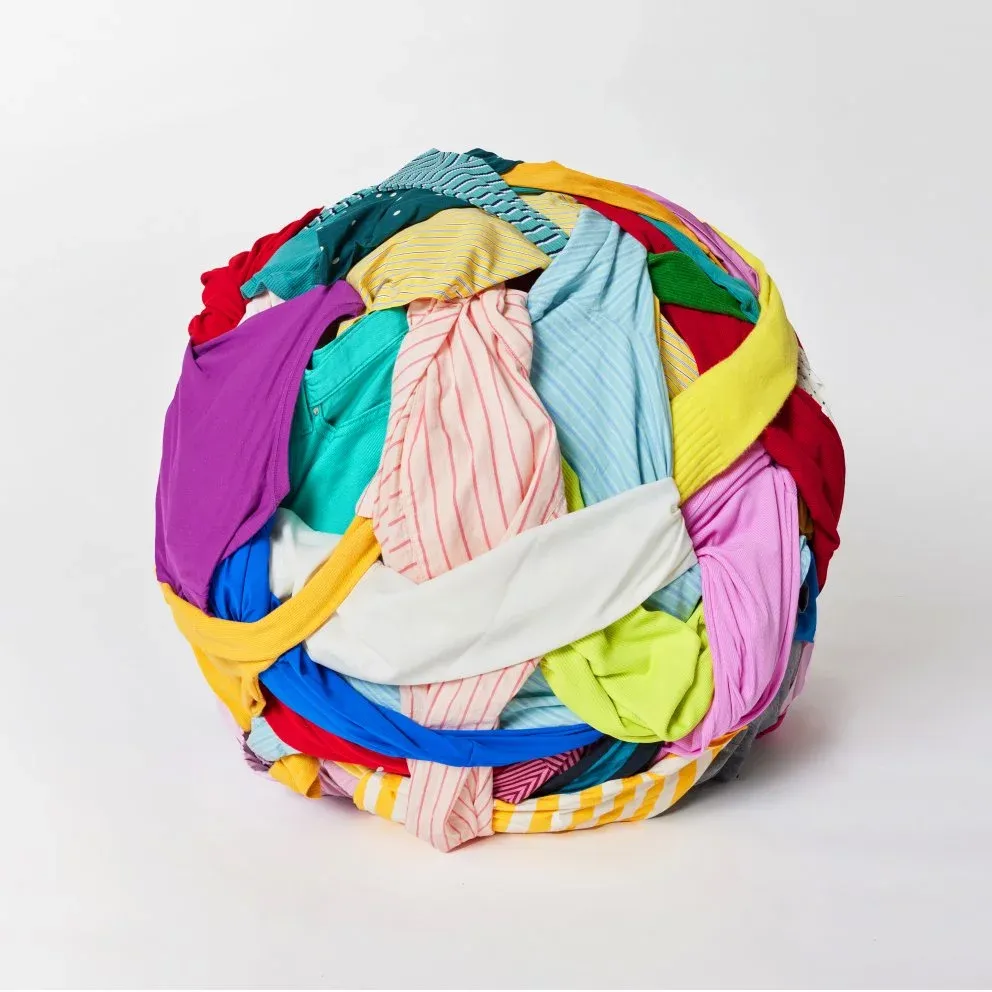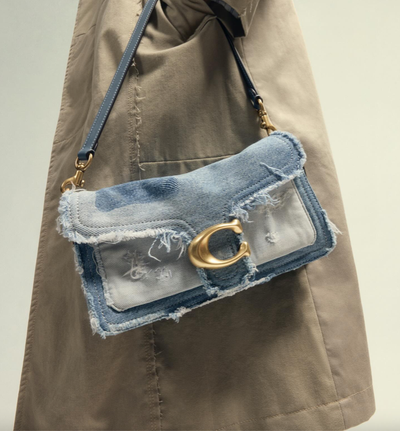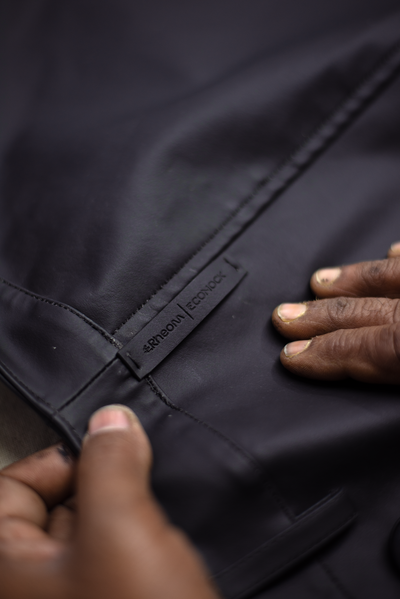On World Environment Day, the fashion industry stands at a crossroads, with 2025 heralding significant strides towards sustainability. From technological innovations to grassroots initiatives, the sector is undergoing a transformative shift, addressing its longstanding environmental challenges.
A notable development is the resurgence of textile-to-textile recycling. Companies like Circulose, Reju, and Re&Up are pioneering industrial-scale recycling facilities, aiming to reduce the industry’s dependence on virgin fibres. This movement gains momentum amid growing legislative support, such as the EU's Extended Producer Responsibilitymeasures and environmental standards like the PEFCR. However, challenges remain—including insufficient feedstock infrastructure and limited brand demand—though collaborative efforts and policy support offer hope for scalable, circular textile production.
Consumer behaviour is also changing. A GlobalData report predicts that by the end of 2025, second-hand clothing will make up 10% of global fashion sales. This trend is particularly strong among Gen Z and Millennials, with 65% reporting they have purchased second-hand items—driven by both environmental concerns and the cost of living crisis.

In the UK, Sustainable Fashion Week continues to empower communities by promoting skills and resources that help foster a more conscious relationship with clothing. Its Future Citizen initiative, launched in February 2025, aims to engage 11–23-year-olds in developing sustainable buying habits early in their fashion journeys.
Major brands are also stepping up. Zara, alongside Pull & Bear and Bershka, has pledged that all cotton, linen, and polyester sold will be organic, sustainable, or recycled by the end of 2025. The brand also plans to introduce in-store clothing recycling containers across the UK—a move designed to reduce the estimated 235 million items of clothing sent to landfill annually.
Technological advancements continue to support this shift. Startups like Matereal, Refiberd, and MannyAI have been spotlighted by the Global Fashion Agenda and PDS Ventures for their innovations in bio-based materials, circular systems, and on-demand manufacturing. These trailblazers represent the forefront of sustainable innovation, tackling major environmental challenges within the industry.
As 2025 unfolds, the fashion industry faces both hurdles and opportunities. Through technology, policy, and cultural shifts, fashion is redefining its environmental role—charting a course that may reshape the sector for generations to come.






